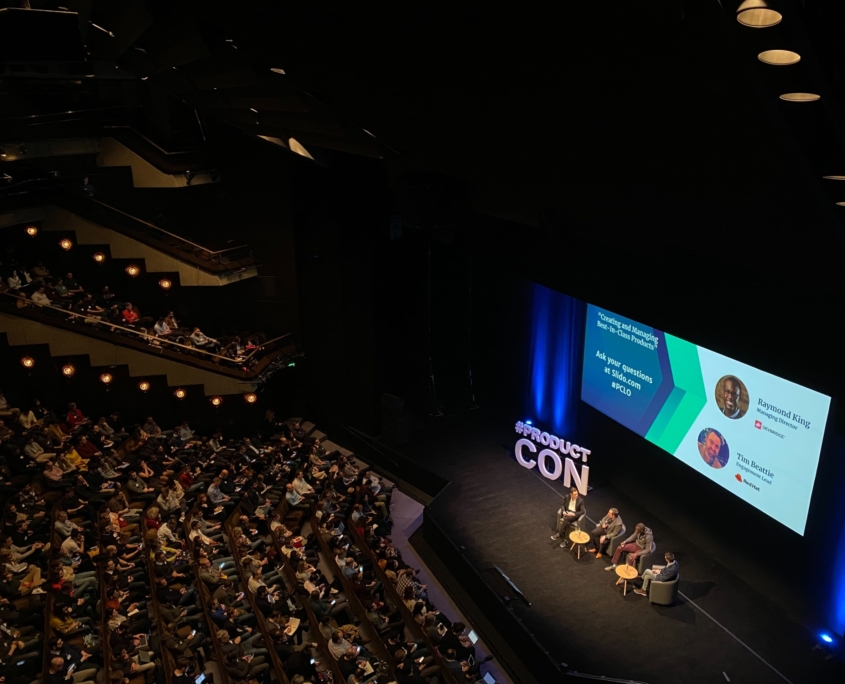Lessons on Getting Paid: My First Year as a Freelance Writer
The first time I was paid for my writing, I pinned the pay stub to my corkboard. This March marked the first anniversary since I started publishing as a freelance writer. For me, freelance writing isn’t about the money as I have a more reliable part-time job. It has been a way for me to build a portfolio of work and learn about topics I enjoy researching and writing. Being published also provides a personal and public sense of legitimacy as a writer. Because there are many ways to provide content in the world, and so many writers are willing to do anything for a byline, the writer’s leverage is low and there are a lot of opportunities for publications to pay late, not pay, or underpay, which have all happened to me this past year. During the year, every single publication that published my work delayed payment. The most egregious experience involved one publisher, let’s call it Pub-Ex, who didn’t pay me for the multiple articles it had published. Pub-Ex may not have paid me, but writing for it taught me some important lessons on how much I can earn and lose as a freelance writer. 
LESSON 1: Once an editor has accepted your pitch, it’s important to understand the full process of the publication; from drafting to editing to publication to payment. Get everything in writing, either by email or contract.
The first time I learned what “on-spec” meant was when my first pitch was accepted. The editor explained that I wouldn’t be paid until the piece was published. This meant I would spend my time and resources researching, writing, and going through the editing process, but if something happened on their end and they didn’t publish it, I would not be paid. Upon publication, I would submit an invoice, and they would presumably pay it in a timely manner. Though that first editor explained this to me, the other publications never did. They assumed that I knew this was the process or assumed I would thoroughly read the contract they sent. Most of them, except Pub-Ex, sent me a contract with the payment terms. Maybe that should have been my first red flag. In some states, oral contracts are enforceable, and sometimes the email correspondence could meet the basic elements of a contract. The other publications I worked with had brief agreements, with a small section on payment and a more lengthy section on their rights to the content.
As I started my freelance writing journey, I decided not to request changes to any of the contracts I received for review and signature. Having seen my content creator friends grow their businesses without negotiating their contracts until they had the influence to do so led me to believe that it was more important to get the work than to fight over contract terms. Who was I to negotiate the contract as a new writer? A more successful writer will have an agent, manager, or attorney negotiating their contracts.
Google “freelance writing rates” and one will find freelance writers blogging about how they make over six-figures a year. The typical range is $50-$1,000 per project and is often tied to a word count range. Alternatively, writers may be paid by the word, which can be as low as $.01/word. The typical rate is $.10 a word. For writers with more experience or influence, they could be paid $1 or more per word. These general rates have not changed in decades. Some writers may have the expertise to justify a higher rate and/or they may have their expenses reimbursed.
I wonder though, if we, as writers, expected and demanded to be treated and paid better, would we be? Because many new writers are willing to write for less money and make less demands, we don’t dare for fear of being let go from a project because we were considered “difficult”.
LESSON 2. Don’t cover conferences or conventions for publications unless you’re willing to lose money and time.
Conventions and conferences are content heavy events where publications often don’t have enough staff to attend all of them. This is where newer writers can gain some experience and publications can test out new talent. After attending and writing about a workshop, lecture, or panel discussion, the writer then sends a draft to the in-house copyeditors, or editor, the same day so the publication has time to edit the piece and publish it as soon as possible.
The work I did for Pub-Ex was to cover a week-long convention. In a tweet calling for freelancers, the Editor-in-Chief said that the publication would pay $10 an article and that this was a “standard rate” for the writing industry. Pub-Ex was looking for new writers wanting to build their portfolios–i.e. those who would be suckers enough to write for $10 an article. This sucker was me. This would be my second ever freelance writing assignment and I was eager to please. After driving an hour to the convention center and paying $20 for one-day parking, I received a media pass, met a few other suckers (a.k.a. freelancers), and felt like a real writer. Pub-Ex had a private room they used for celebrity interviews and photoshoots. It also served as a place for the writers to gather in between events to talk and work. While we drank coffee and ate donuts (which another freelancer brought for us), the editor told us how this crew, myself included, was the backbone of Pub-Ex and they couldn’t do it without us.
After three long days of attending events and commuting at least an hour each way, I turned in two articles a day, totaling six articles. We were also required to take photos of the events. Pub-Ex’s off-site editor would edit and publish our work within the next day or two. In our email communications, the off-site editor was very happy with my work and said I could write for them anytime.

Two weeks after the convention was over and I’d settled back into my regular routine, I sent my invoice for the six articles they published. With what once were prompt email responses, were now only silence. As weeks passed after sending my invoice and a follow-up email, I struggled with whether I should push the editor again since the amount was small, $60, and I really did enjoy covering the convention. But I reasoned that the money would at least cover the three-day parking expense. It would also be the second payment I would have received from my early freelancing career and it would have confirmed the first payment wasn’t a fluke–reassuring my insecure mind. So I emailed again and the Editor-in-Chief said they’d send a check. They never did. For $60, I decided not to pursue any legal action and I’m guessing that’s exactly why Pub-Ex hired the way that they did. They knew the fee was so low that any new writers wouldn’t waste their time suing Pub-ex since we’d be too busy scrounging for work.
Just recently, I saw the Pub-Ex editor’s tweet calling for writers for a different convention saying, “There is a VERY SMALL amount of pay…” instead of listing the atrociously low amount as they did before.
LESSON 3: Remind the editor and/or anyone else on their team that you need to be paid. I had to do this on all the articles which were accepted and published. Oftentimes, they’re so busy with other writers, new article assignments, editing and publishing, that they forget the administrative issues like payment.
When it comes to asking for payment, typically, the person you pitch to is not the lead editor or main person on a publication. I often worked with a lower level editor who might put me in contact with a different department for payment. Sometimes the editor who accepted the pitch left the publication or switched departments. One publication published my article and never told me they did. It wasn’t until I asked if I could re-use the content since I hadn’t seen it published did they admit they had published it. So I submitted my invoice immediately thereafter. I was paid 45 days later, which I consider a win.
A freelance writer who blogs about his career took one publisher to small claims court for the $500 he was promised. Before the case could be adjudicated, the publisher apologized and paid the fee immediately. He detailed the time and effort it took for him to go through the process just to get what was initially agreed upon.
In the midst of all this, I’d taken an online article writing class from a person with a thirty-plus year career of writing articles and essays for publication. I asked him what the protocol was when a publication failed to pay on time. His response was as soft and nebulous as his puffy white hair in his bio photo: “Well, I tend to forget to ask for payment, so I’m not a good person to ask.”
As a new writer, I struggle with “spinning” an article into multiple pieces of work, which is a good way for writers to cover losses or expenses for research and travel. I could have spun some of those convention articles into other topics such as: “How to Pack for a Convention”, or “The Top Five Things I Learned at This Convention”. But that requires finding publishers willing to pay me for an unsolicited write-up. Even with these experiences, I’ve learned most editors are well-intentioned and will get your invoice paid, even if a little late.
Not being paid for my work feels like a wound I start licking every time I remember it’s there, yet I still appreciate the lessons I learned. A month ago, I returned to that convention center to attend my daughter’s gymnastics meet. The memories of that convention were wonderful–taking photos of the attendees, meeting a famous rapper turned tech investor, attending a panel discussion of actors who worked on a TV show I enjoyed, and walking the floor with my first media pass around my neck. It was an exhausting three days of work and what happened was I paid for a good experience that should have paid me. Lesson ultimately learned–if you do your homework on a publication’s process and know the standard freelance writer rates, you’ll feel less helpless if and when you don’t get paid.





